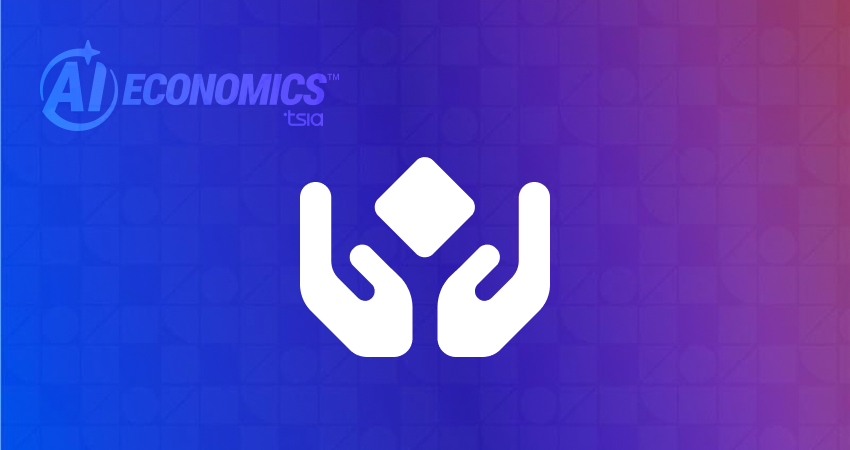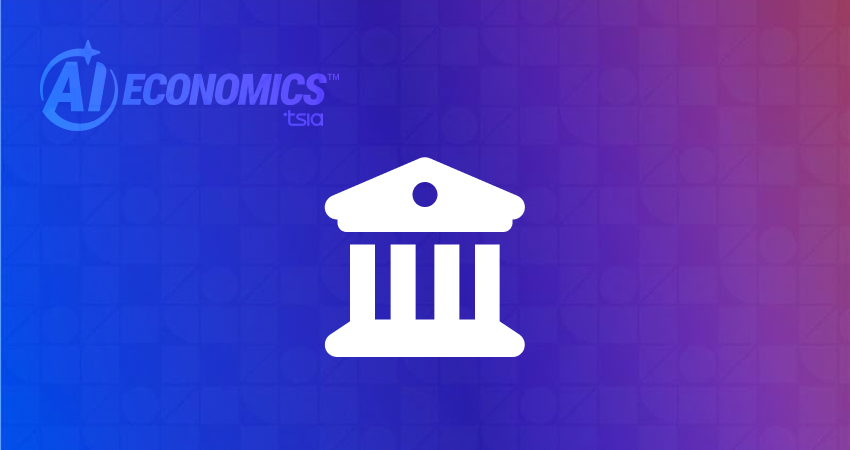If your company is looking to adopt AI to improve support operations and customer experience, one foundational element you can’t afford to overlook is knowledge management (KM).
Knowledge management is the structured process of creating, capturing, sharing, and effectively utilizing organizational knowledge to enhance performance, productivity, and customer satisfaction. It involves capturing, sharing, and improving the information your teams and customers need to do their jobs effectively. It includes everything from internal documentation and support articles to training materials and institutional know-how, ensuring the right people can access the right knowledge at the right time.
It’s tempting to think AI can solve all your support challenges. But, here’s the truth—AI is only as powerful as the knowledge it’s built on. Even the most advanced AI tools can fall short without a strong knowledge management foundation.
Mature knowledge management practices aren’t just helpful, but essential. Companies with robust knowledge management programs see lower support costs, higher renewal rates, and greater customer satisfaction. Yet this goes beyond improving support metrics—as your knowledge management strategy can directly impact your ability to scale, innovate, and grow.
This blog will explain why knowledge management is not just a support function, but a strategic AI asset. You’ll learn how building a mature knowledge management program will help your business get real results from AI and prepare your organization for long-term success.
{{special-callout}}
Why Knowledge Management Is Essential for AI-Driven Support
AI is transforming the way support organizations operate. Whether you’re trying to do more with the same resources or streamline workloads with fewer, AI holds real promise. But here’s what many companies overlook: without strong knowledge management, your AI initiatives can’t reach their full potential.
A mature knowledge management program is the foundation for AI. It ensures the data feeding your AI tools is relevant, accurate, and accessible. There is a clear link between knowledge management maturity and AI success.
Here’s what a strong knowledge management program enables you to do:
- Provide high-quality data: Knowledge management ensures your AI tools aren’t trained on outdated or incomplete information.
- Automate information delivery: AI can deliver answers faster if your knowledge is structured and searchable.
- Drive continuous improvement: Feedback loops powered by knowledge management help keep your data and processes current.
- Create a data-driven culture: With a mature knowledge management foundation, your teams think and act based on insight, not instinct.
The result? Better business performance across the board. When your customers can quickly find the answers they need—whether through implicit deflection (like AI-powered search) or explicit deflection (like knowledge base articles)—they’re more satisfied. Plus, your team spends less time on repeated questions.
Related: The State of Knowledge Management in the Age of AI
What Successful Knowledge Management Programs Have in Common: 3 Lessons You Can Apply
Companies seeing the most significant returns from AI all have one thing in common: a mature, well-integrated knowledge management program. And while every organization is different, the most successful knowledge management strategies consistently reflect three key themes.
1. Knowledge Management Shouldn’t Be a Silo
While knowledge management almost always starts in support, you're missing out on significant value if your knowledge management program is limited to your support team. Organizations that expand their knowledge management efforts across departments, like product, professional services, education services, and customer success, see significantly better business outcomes. These include:
- Lower support costs.
- Higher customer renewal rates.
- Faster onboarding and more consistent service delivery.
When knowledge flows freely across your organization, everyone benefits—from your internal teams to your customers.
2. People and Culture Matter More Than Tools
Technology plays a role in knowledge management, but your people and culture determine success. The companies leading in this space don’t just implement KM systems; they create a culture of collaboration. That means:
- Hiring or assigning dedicated knowledge management roles.
- Encouraging cross-functional content creation.
- Performance incentives like variable compensation can be used to reward knowledge sharing.
These investments increase participation, provide more up-to-date content, and greater self-service success.
3. Strong Knowledge Management Requires Streamlined, Measurable Processes
It’s not enough to create content—you need systems to manage it. Companies that excel in knowledge management have clear processes for:
- Creating and publishing content quickly.
- Regularly reviewing and updating articles.
- Archiving outdated or redundant information.
Just as necessary, they measure success. By setting and tracking key performance indicators (KPIs), these companies ensure their knowledge management programs deliver real value and evolve alongside customer needs.
Related: Optimizing Content Creation for Knowledge Management

Building a Company-Wide Culture of Knowledge
At its core, knowledge management ensures every employee across every department has access to the insights they need to serve your customers better.
Historically, knowledge management has been concentrated in support organizations. That made sense, given the volume of customer cases and the direct impact on satisfaction scores. But today, that’s no longer enough.
Keeping knowledge confined to one team is a missed opportunity in an interconnected business environment. Companies with enterprise-wide knowledge management programs consistently outperform those with siloed efforts.
And there’s good news: more and more companies are making knowledge management a formal part of their annual budgeting process—a signal that it’s becoming a recognized strategic priority.
If you want your knowledge management program to improve business performance, focus on people and participation. The more your employees contribute to and use the knowledge base, the better your customer metrics will be.
Streamlining Knowledge Management Processes Is Non-Negotiable
Even the best content won’t help if it’s buried in drafts or delayed in publishing. You need efficient content creation, review, and publishing workflows to keep your knowledge base relevant and valuable. One of the most critical indicators of success is time-to-publish—how long it takes to get new knowledge base articles in front of your users.
You can't afford long publishing delays if your digital-first support strategy includes AI-powered self-service. Fast access to new information is critical for keeping your support experience sharp and up to date.
Related: Building a Knowledge Engine for Success
Knowledge Management Is the Foundation of AI Success
The message is clear: To scale your support operations, improve customer satisfaction, and fully realize AI's potential, knowledge management must be a strategic priority, not just a support function.
Knowledge management and AI are not separate initiatives—they’re interconnected. Knowledge management provides the structured, reliable data that AI needs to function, while AI helps scale and evolve your knowledge strategy.
Your organization must treat knowledge management as a company-wide capability. This means investing in people, streamlining your processes, choosing the right technology, and embedding a knowledge-sharing culture into every department, not just support.
Your Key Takeaways
- AI is only as effective as the knowledge behind it. To get real value from AI in support operations, you need a solid knowledge management foundation that ensures your data is accurate, accessible, and continuously updated.
- Company-wide knowledge sharing drives better results. Organizations that extend knowledge management across all departments—not just support—see lower costs, higher renewal rates, and better customer outcomes.
- People, process, and culture matter most. Technology alone isn’t enough. A successful knowledge management program depends on a strong content strategy, collaborative culture, and fast, measurable publishing workflows.
Smart Tip: Embrace Data-Driven Decision Making
Making smart, informed decisions is more crucial than ever. Leveraging TSIA’s in-depth insights and data-driven frameworks can help you navigate industry shifts confidently. Remember, in a world driven by artificial intelligence and digital transformation, the key to sustained success lies in making strategic decisions informed by reliable data, ensuring your role as a leader in your industry.
















